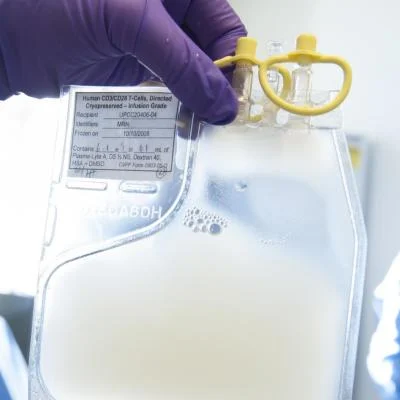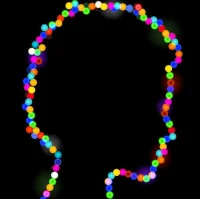Researchers at the Abramson Cancer Center at the University of Pennsylvania confirmed the use of radiation therapy for non-Hodgkin’s Lymphoma (NHL) patients, may decrease side effects of CAR T (chimeric antigen receptor T cell) therapy.
The two most common side effects of CAR T are cytokine release syndrome (CRS) and neurotoxicity, which can present as flu-like symptoms and occasionally requires intensive care treatment. Through the study, it was found that patients who were given radiation within 30 days or less before having their CAR T infusion did not experience these symptoms.
Michael LaRiviere, MD, of Penn’s Perelman School of Medicine, presented these results at the Annual Meeting of the American Society for Radiation Oncology. Results from the study confirm radiation therapy use has benefits for CAR T treatment and does not interfere with patient outcomes negatively.
CAR T is the first personalised treatment, which uses cellular therapy, to have FDA (U.S. Food and Drug Administration) approval. The patient’s T-cells are collected and modified to essentially seek and attack cancerous cells expressing the CD19 protein. These re-engineered T-cells can multiple and have been recorded to produce 10,000 new cells, which can survive for many years in the body with high remission rates.
Two different, commercial versions of CAR T treatment have been approved for NHL patients by the FDA. The recent study assessed the medical records of 31 patients who had been receiving either version of the approved CAR T cell treatments. These patients were then split into three groups: group 1, those who had been given radiation 30 days or less after cells had been collected; group 2, those who had been given radiation at some point during treatment; and group 3, those who had not been given any radiation at all.
The five patients studied in group 1 were found to not gain any side effects which were Grade 3 or higher, or any signs of higher CRS. Of the seven patients in group 2, only one was found to have Grade 3 or higher symptoms or higher CRS; and five out of the 19 patients in group 3 had developed symptoms of Grade 3 or higher or higher CRS.
The results found here mirror findings from other studies and add to the building evidence supporting radiation before CAR T therapy. Researchers are now working on a model that will predict CAR T toxicities, which will be assessed in a prospective clinical trial.
Source: Penn Medicine
Image Credit: Penn Medicine
Latest Articles
Radiation, radiation therapy, Perelman School of Medicine, University of Pennsylvania, American Society for Radiation Oncology, Non-Hodgkin's Lymphoma, Radiation Lowers Side Effects of CAR T Therapy in Non-Hodgkin's Lymphoma, CAR T, CAR T Therapy, cellular therapy, NHL, Chimeric Antigen Receptor T Cell, Abramson Cancer Center, Michael LaRiviere, CRS, T-cells
Researchers at the Abramson Cancer Center at the University of Pennsylvania confirmed the use of radiation therapy for non-Hodgkin’s Lymphoma (NHL) patients, may decrease side effects of CAR T (chimeric antigen receptor T cell) therapy.










